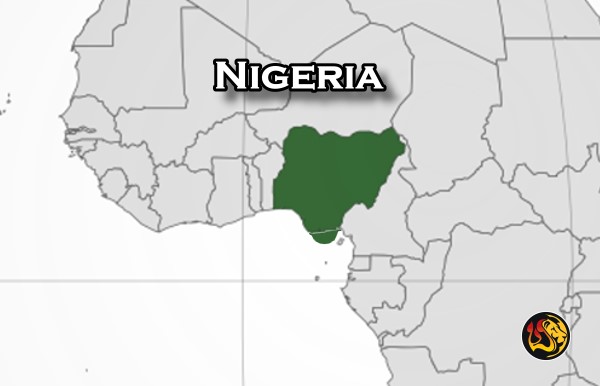by Karen Faulkner, Worthy News Correspondent
(Worthy News) - The Nigerian government has actively persecuted religion, contrary to the provision of religious freedom in Nigeria’s constitution, the US State Department found in its Annual Report on International Religious Freedom (IRF) published on June 2.
The IRF also noted that Nigerian government efforts to stem rising crime, including Islamic terrorism and Fulani Muslim attacks on Christian farming communities, were inadequate and under-resourced.
While the Nigerian constitution provides for freedom of thought, conscience, and religion, the IRF report found that Katsina and Kaduna States have implemented laws requiring preachers, places of worship, and religious schools to have special permits, on pain of severe punishment.
“In Katsina State, the law establishes a board with the authority to regulate Islamic schools, preachers, and mosques, including by issuing permits, suspending operations, and imprisoning or fining violators,” the report said. “The Katsina law stipulates a punishment of one to five years in prison, a fine of up to 500,000 nairas ($1,200), or both for operating without a license.”
Meanwhile, in Kaduna State, an Interfaith Preaching Council has been set up to authorize permits for public preachers and regulate what it considers derogatory or demeaning language used about other religions. “Violators of the law are subject to fines and/or two to five years’ imprisonment,” the report said.
On a federal level, the IRF found there is a federal penal code providing possible imprisonment for anyone who makes a public statement that a religious group finds offensive.
“According to the federal penal code, any person who carries out an act “which any class of persons considers as a public insult on their religion, with the intention that they should consider the act such an insult, and any person who does an unlawful act with the knowledge that any class of persons will consider it such an insult, is guilty of a misdemeanor” and may be subject to imprisonment for two years,” the IRF said.

